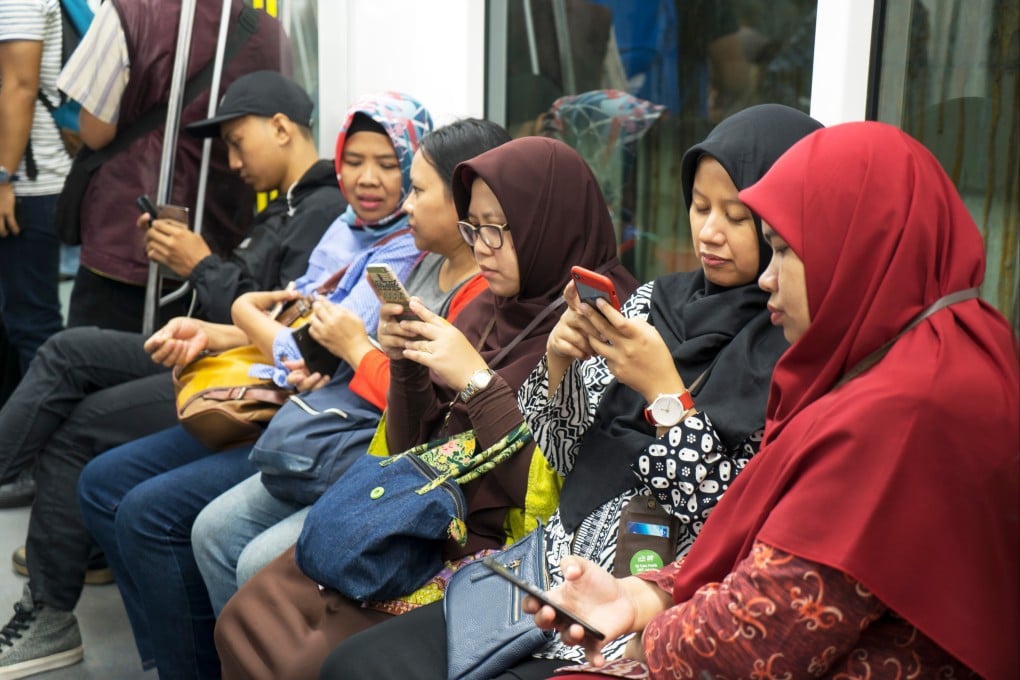Indonesia’s 2023 social media roller coaster: bad behaviour in Bali, blasphemy, and a rising star
- Bali grapples with tourist misbehaviour and cultural disrespect amid post-pandemic recovery challenges
- Indonesia’s online space was rocked by blasphemy arrests, exploitation concerns, and inspiring stories of fearless and talented young people

In 2023, Indonesia’s social media landscape mirrored its rich cultural tapestry, offering a vibrant mix of startling, controversial, and heartening narratives. From Bali’s tourist turmoil and TikTok blasphemy arrests to the inspiring journeys of the nation’s spirited youth, these are some of the tales that dominated the Indonesian internet, reflecting a year of intense emotion and spirited discourse
Problems in paradise

Bali was still in recovery mode for most of 2023, with many on the island eager to get the number of tourists back to pre-pandemic highs. However, a series of viral incidents involving visitors to the island exhibiting shocking behaviour, many involving disrespect for Bali’s cultural and spiritual beliefs, led to heated debate on social media over whether Bali should be focused on improving the quality of tourists instead.
Digital despair
In January, internet users in Southeast Asia’s biggest economy were stunned by a growing number of online beggars who were taking advantage of the gift-giving features offered by TikTok. Many of them were elderly women who would pour dirty river water over themselves, on demand, in exchange for virtual gifts.
After one such video went viral, people began questioning whether the women were doing the stunts of their own accord or if they were being exploited by family members.
One of the women, Raimin, said she was not forced to do the stunt, she simply needed the money. “I am poor, I don’t have money to buy [groceries], I live alone,” the 66-year-old said, adding that she had done this five times, earning around 2 million rupiah (US$133) each round.
The videos sparked condemnation in Jakarta, with social minister Tri Rismaharini issuing a circular urging the public to report similar videos to local authorities. The ministry of communications and informatics eventually asked TikTok to take down the mud bath videos, saying it was “very concerned” by the videos and urged users to report similarly inappropriate content.
